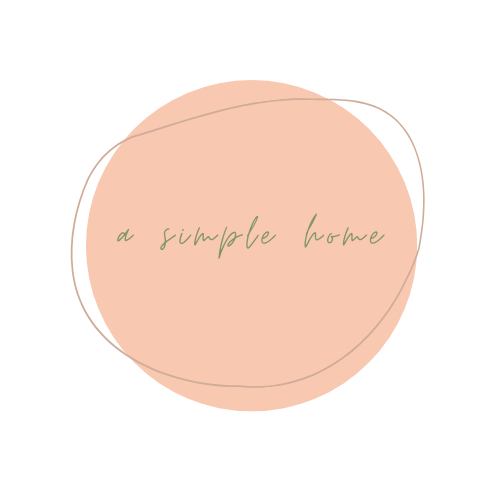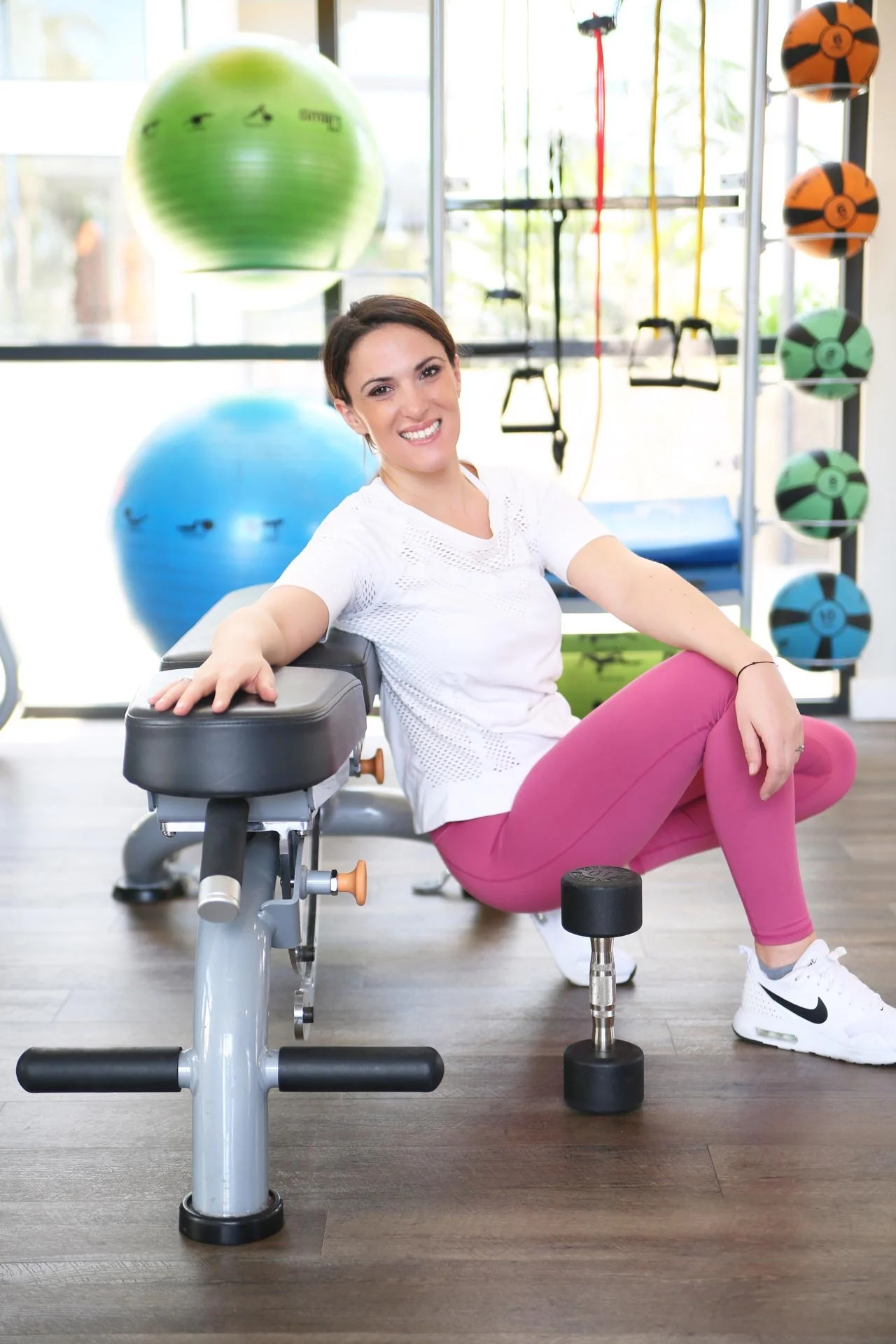S3, Episode 6: How breath work can improve pregnancy and postpartum healing
In this episode, Leslie and I discuss
What does an osteopath do?
They use their knowledge to investigate issues in the body and use tools to help bring homeostasis and health to their clients.
Here in the US, we aren’t dedicating enough resources to postpartum healing. When you were here, what were the most prevalent issues that you saw with your clients?
There was not enough focus on recovery during postpartum. And, describing postpartum as a six-week recovery instead of something that takes months or even years.
Pelvic floor issues, like urinary incontinence, digestion issues, or even prolapse are more common; there is no automatic referral to pelvic floor physical therapy, which is important for all births and all women / people with uteruses.
There is also not enough information about postpartum healing, posture, pelvic floor issues, and more; for rural areas, there might not be a pelvic floor physical therapy.
Breathing can be so restorative, not only for our minds but our bodies. How can we use breathwork to heal postpartum?
You can start with the basics of observing your breath. You can tune into the pelvic floor and feel it stretch out. When we inhale, we don’t want to force the stomach out. When we exhale, we don’t want to push against the pelvic floor; we want to imagine we are zipping the core from bottom to the top. It takes focus and practice for the abdominal wall and diaphragm to work together.
This can be done a few times a week to bring awareness to the core during pregnancy and postpartum
Ideally, people are seeing a pelvic floor physical therapist, but that’s not possible. But, there are areas of the US that are maternal care deserts. If you can’t access a pfpt or osteopath, what can you do at home?
In some instances, internal work by a trained professional is necessary and that must be in-person.
However, there are forms of body work, like abyanhga or belly binding that are beneficial. Massage can be incredibly helpful to relieve constipation or digestion issues. Learning to care for a cesarean section scar can be done on your own.
Posture is also important for recovery. You can learn how to shift your posture back during postpartum; this can help with abdominal recovery and preventing pain.
So many of us are focused on the products that we need for postpartum and don’t prepare our support system, our village. In your many years of experience, who should be a part of our postpartum support care team?
Book your appointments during pregnancy and hire
A pelvic floor physical therapist
An osteopath or craniosacral therapist or chiropractor for the body work
A postpartum doula
An acupuncturist and/or an herbalist
A postpartum therapist
How can people connect with you?
You can connect with Leslie on her Instagram and her website; you can listen to her podcast, The Bonjour Baby podcast.
Enjoy the episode!
Leslie Abraham is a French osteopath DO specialized in pregnancy, postpartum and newborn care, with over 10 years of international experience, a published author, a prenatal and postpartum certified personal trainer, a certified health coach, and the founder of Bonjour Baby.


